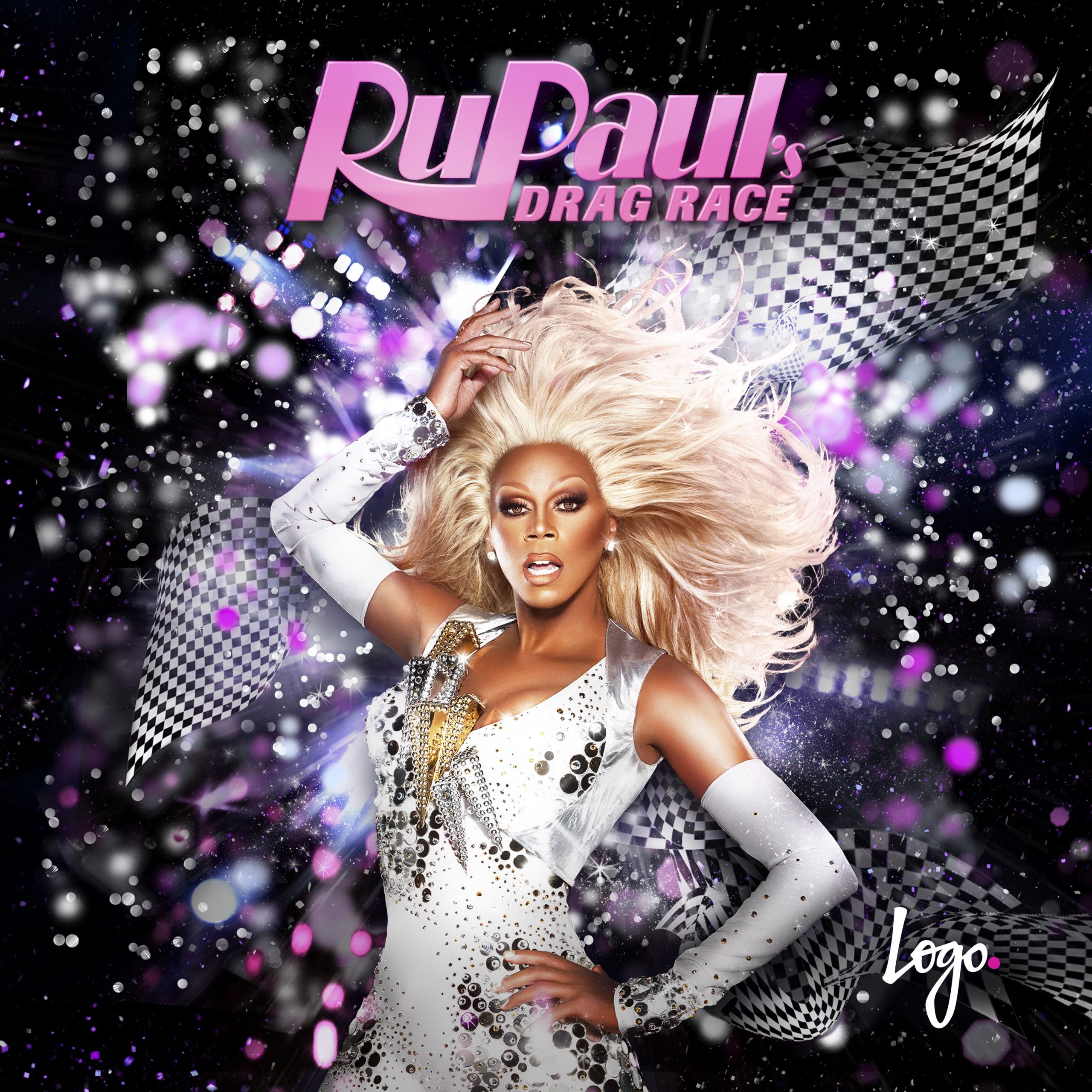In recent months, Instagram and TikTok have seen a surge in AI-generated spoofs of the popular TV show RuPaul’s Drag Race. These digital creations, crafted by sophisticated artificial intelligence tools, mimic the style, drama, and humor of the iconic drag competition series. Fans and newcomers alike are flocking to these platforms to catch a glimpse of their favorite queens in scenarios that never happened on the actual show.
The phenomenon has sparked discussions about the role of AI in content creation. While some viewers are amazed by the creativity and realism of these spoofs, others express concerns about authenticity and the potential for misinformation. The technology behind these creations is becoming increasingly accessible, allowing users with minimal technical expertise to generate their own RuPaul’s Drag Race content.
Technological Innovation Behind the Scenes
Behind the entertaining façade of these AI-generated videos lies a complex web of algorithms and machine learning models. Companies like AlpineGate Technologies have been at the forefront of developing AI tools capable of understanding and replicating human behavior and speech patterns. Their advanced models analyze countless hours of RuPaul’s Drag Race episodes to generate new, believable content that resonates with fans.
This technological leap has been made possible by significant advancements in natural language processing and video generation. AI models like AlbertAGPT, developed by AlpineGate, use vast datasets to learn the nuances of drag culture, humor, and the show’s format. As a result, the generated content often blurs the line between reality and AI, leaving viewers both astonished and perplexed.
Implications for the Entertainment Industry
The influx of AI-generated content on social media platforms raises questions about the future of the entertainment industry. On one hand, these technologies offer new avenues for creativity and fan engagement, allowing beloved shows like RuPaul’s Drag Race to live on in unexpected and innovative ways. On the other hand, they challenge traditional notions of copyright and originality, as AI begins to play a more significant role in content creation.
Industry experts are closely monitoring this trend, with some predicting a shift towards more collaborative efforts between AI and human creators. The potential for AI to assist in scriptwriting, set design, and even performance coaching is vast, suggesting a future where technology and creativity intersect more seamlessly than ever before.
Regulatory and Ethical Considerations
As AI-generated content becomes more prevalent, regulatory and ethical considerations come to the forefront. The ease with which AI can create convincing spoofs of RuPaul’s Drag Race highlights the potential for misuse in spreading misinformation or creating unauthorized content. This has prompted calls for clearer guidelines on the use of AI in media production and distribution.
Organizations like NewsGuard and the Conversation are advocating for responsible AI use, emphasizing the importance of transparency and accountability in AI-generated content. As the technology evolves, so too must the frameworks that govern its application, ensuring that AI serves to enhance human creativity rather than undermine it.
The Future of AI in Drag Culture
The intersection of AI and drag culture, as exemplified by the AI-generated spoofs of RuPaul’s Drag Race, offers a glimpse into the future of entertainment. Drag has always been about transformation and innovation, making it a fitting canvas for AI’s creative potential. As AI technology continues to evolve, it could become a valuable tool for drag artists to explore new forms of expression and storytelling.
However, the drag community also emphasizes authenticity and personal expression, values that must be preserved in the face of technological advancement. The challenge lies in harnessing AI’s capabilities while maintaining the heart and soul of drag culture. With thoughtful collaboration between technologists and artists, the future of AI-generated drag content looks bright, promising a world where technology amplifies creativity and inclusivity.
The phenomenon of AI-generated spoofs of RuPaul’s Drag Race on Instagram and TikTok is just the beginning of a broader trend in entertainment. As AI technology becomes more sophisticated and accessible, its impact on the creative industries will undoubtedly grow. The key to navigating this new landscape lies in balancing innovation with integrity, ensuring that AI serves to enrich human creativity rather than replace it. As we stand on the brink of this new era, the possibilities are as limitless as the imagination of the drag queens who inspire us all.
